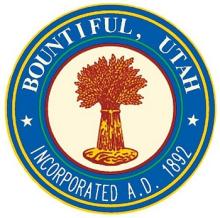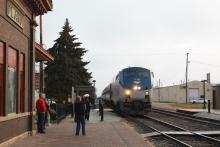
On April 7th, voters in Glberts, Illinois, chose not to raise taxes to deploy a municipal fiber network, reports the Daily Herald. According to the article, 81 percent of ballots cast voted against the proposal. Voter turnout was low, with only 682 ballots cast out of 4,002 registered voters in town.
As we reported last month, local developer Troy Mertz plans to deploy fiber to each structure in a new housing development, The Conservancy. His fiber company will also install fiber to nearby municipal and public safety buildings and the Gilberts Elementary School. The plan was to issue General Obligation (GO) bonds to finance a publicly owned network throughout the rest of the community. The proposal would have raised taxes approximately 1.8 percent or $150 per year on properties with a market value of $250,000.
For the developer the plan will remain the same:
Mertz still plans to go ahead and connect The Conservancy's planned fiber optic network to municipal and public safety buildings plus Gilberts Elementary School, saying it was built into his development plans.
"The goal of village was always to getting fiber to our industrial areas," said Gilberts Village President Rick Zirk. "As a community, we asked the rest of the village, 'Do you want the same service and the same options that the new part of town and the industrial park?' And it seems that they don't want to pay for it."
There is a definite lesson here for any other communities considering a similar plan - educate the voters and make sure they are excited about it! From what we can tell, there was little effort to make people aware of the plan and the turnout for the vote suggests that no one was particularly excited to make it happen.







